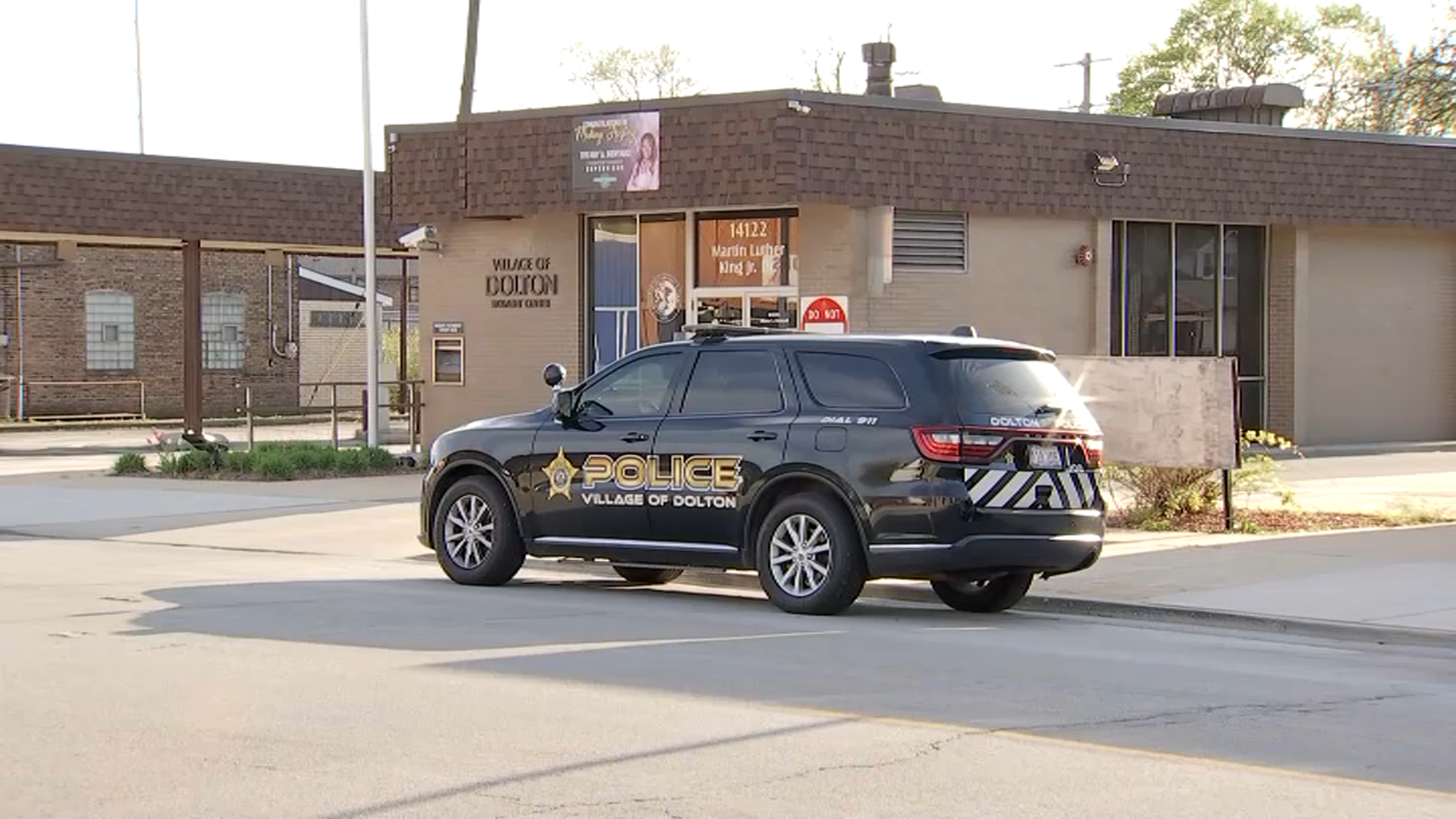Health officials are starting to ramp up their efforts to get people in for flu shots, but a recent shortage in the vaccine is causing longer waits for some.
“Flu is starting to creep in now,” said Dr. Scott Goldstein with Northwestern’s Children Practice.
Goldstein, who holds regular clinics, says his practice has received enough vaccine to manage his patients, but other practices in the Chicago area have had to reschedule patients due to “manufacturing issues delaying production in some types of flu vaccines.”
The Centers for Disease Control and Prevention says it expects everyone who wants a flu shot will ultimately be able to get one and are encouraging people to get the shot to help with concerns over Ebola.
As of mid-October, seven influenza vaccine manufacturers are projecting that as many as 151 million to 156 million doses of influenza vaccine will be available for use in the United States during the 2014-2015 influenza season, according to the CDC.
Roughly half of Americans say they don’t get their flu shot, citing a variety of reasons, but experts say Ebola fears might be another reason to get the shot this year.
The symptoms of both diseases are very similar at the start and public health experts hope that more flu vaccinations will reduce the chances that a bad case of the flu could create a false alarm over Ebola.
Local
While vaccinated people can still get the flu, they are far less likely to suffer complications such as pneumonia and ear infections, doctors say.
Last January, the Centers for Disease Control and Prevention ruled the proportion of deaths from pneumonia and influenza was enough to reach the epidemic threshold.
That means the number of deaths from pneumonia and flu across the country exceeded the numbers that were expected.



